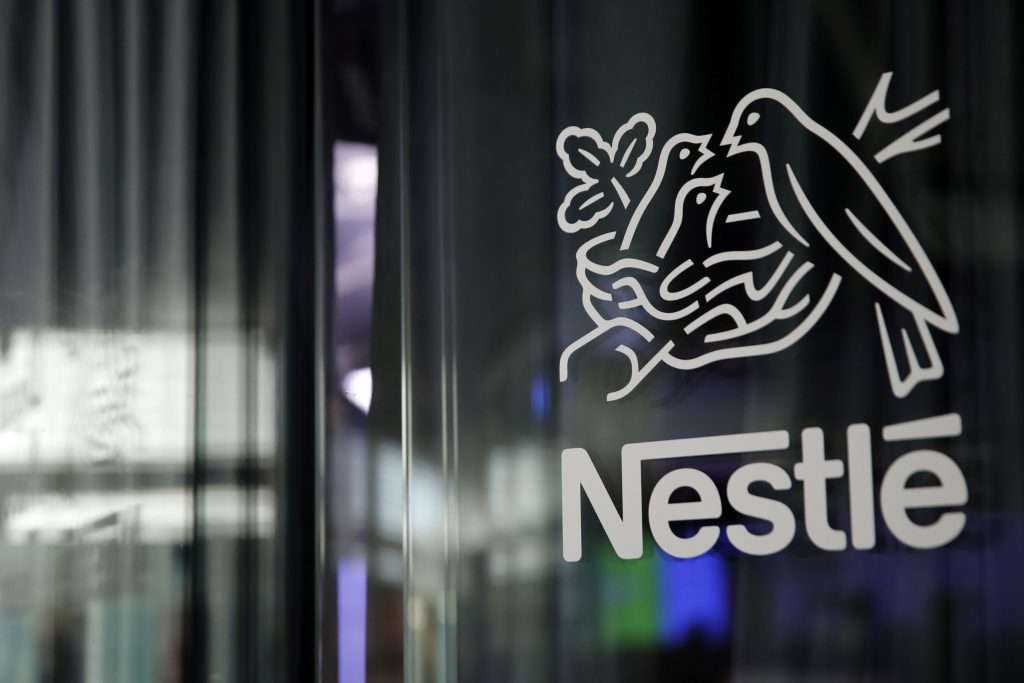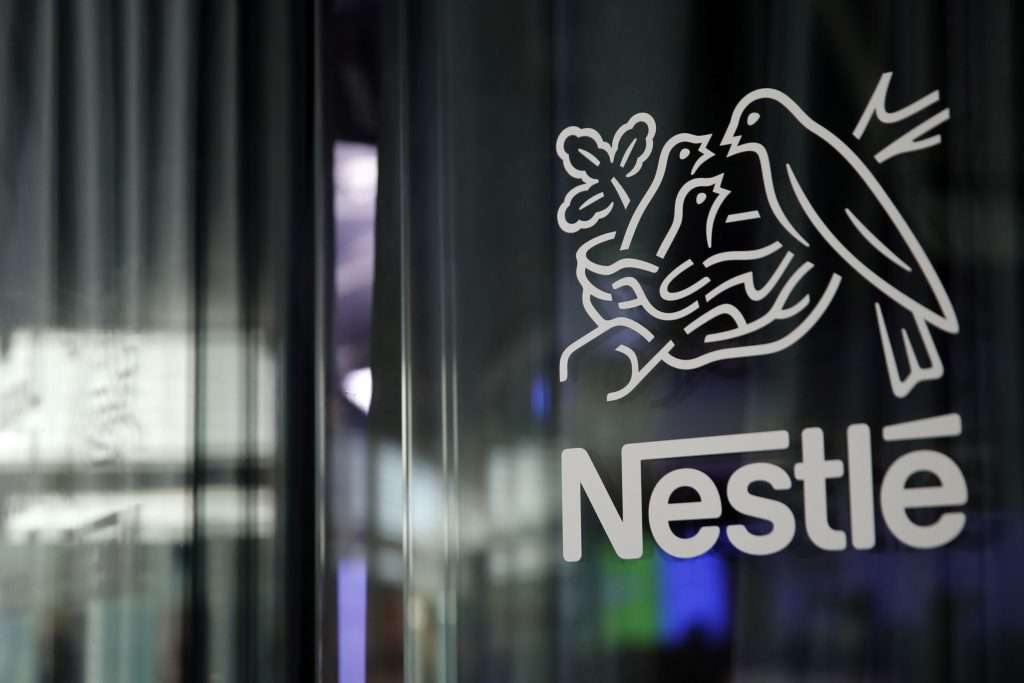Exploring Corporate Involvement in Public Research: Nestlé’s Partnership with the University of Pretoria
In November 2023, the University of Pretoria unveiled a partnership with Nestlé, aiming to propel food and nutrition research in Africa forward. This alliance, hailed as ‘transformative,’ has sparked debates regarding the extent to which corporations should influence public research within their respective industries.
Navigating the Terrain of Corporate Funding in Research
The collaboration, unveiled on November 14, 2023, involves Nestlé’s participation in research activities conducted by the African Research Universities Alliance (ARUA) Centre of Excellence in Sustainable Food Systems (ARUA-SFS). Nestlé’s involvement includes funding research endeavors and providing mentorship to PhD students.
Marion Nestlé, a molecular biologist and nutritionist, highlights the inherent bias known as the “funding effect” prevalent in industry-funded research. This phenomenon raises concerns about corporations shaping research agendas and potentially influencing policy decisions, along with benefiting from positive publicity associated with funding research initiatives.
Evaluating Mutual Benefit Versus Conflict of Interest
Public health lawyer Safura Abdool Karim delineates the nuanced nature of conflicts of interest (COI), particularly in the context of Big Food. While tobacco presents a clear-cut example of COI, the intricacies of the food market, essential for human survival, muddy the waters. Additionally, the concentration of power among food conglomerates raises questions about the sustainability of their supply chains.
Petronell Kruger, from the Healthy Living Alliance (HEALA), emphasizes Nestlé’s status as the world’s largest food producer, underscoring concerns regarding the alignment of research agendas with corporate interests. Catherine Pereira-Kotze, a dietitian with expertise in public health, raises apprehensions about compromised research impartiality due to Nestlé’s involvement.
Mitigating Risks and Upholding Integrity in Research
The potential long-term implications of COI, particularly concerning the reputational risks associated with engaging with commercial food companies, underscore the importance of robust risk assessments before establishing partnerships. Challenges arise concerning disclosure of funding sources, which, while a necessary step, may not entirely mitigate COI concerns.
Abdool Karim and Kruger advocate for cautious engagement with Big Food entities to safeguard research integrity and public trust. Notably, Abdool Karim critiques the reliance on self-reported disclosures, advocating for more stringent measures to address COI.
Redefining Corporate Social Responsibility in Research Endeavors
While corporations may channel resources into corporate social responsibility (CSR) initiatives ostensibly benefiting nutrition, the core business practices of these entities may undermine such efforts. Kruger emphasizes the necessity for independent verification of sustained pro-nutrition practices before engaging in partnerships or sponsorships with corporations.
Du Plessis underscores the erosion of public trust resulting from partnerships between researchers and the commercial food sector, emphasizing the need for heightened awareness among policymakers and the public regarding the potential impacts of such collaborations.
Conclusion: Striking a Balance between Research Funding and Integrity
The University of Pretoria’s partnership with Nestlé reflects a broader discourse on the role of corporations in public research endeavors. While such alliances may offer financial support for scientific inquiry, they also pose inherent risks to research integrity and public trust. Navigating this terrain necessitates meticulous consideration of COI, transparency in funding disclosures, and a steadfast commitment to upholding research integrity. Ultimately, the pursuit of scientific advancement must remain steadfastly independent and free from undue corporate influence.
Related: Nestle Profits Surge!
Nestle reports a 20.9% profit increase in 2023, with plans for growth and a slight dividend rise amidst challenges.




